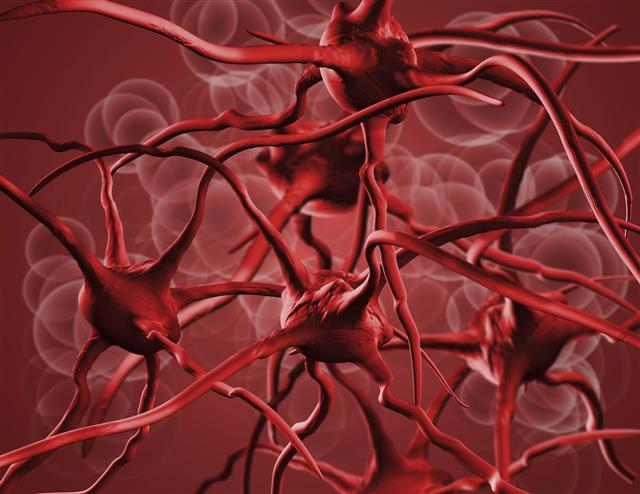
For every enzyme, there is an optimum pH value, at which the specific enzyme functions most actively. Any change in this pH significantly affects the enzyme activity and/or the rate of reaction. To know more about the relation between pH and enzymes, and/or the effect of pH on enzymes, go through this write-up.
Enzymes are proteinaceous catalysts, which speed up the rate of a biochemical reaction. They reduce the activation energy that is essential for starting any type of chemical reaction. With a low energy requirement for activation, the reaction takes place faster. The overall performance of an enzyme depends on various factors, such as temperature, pH, cofactors, activators, and inhibitors. You might have a fair idea regarding the effect of pH on enzymes. But why and how does pH and temperature affect enzymes?
Why pH Affects Enzyme Activity?
The rate of a chemical reaction and/or the enzyme activity is greatly influenced by the structure of the enzyme. Or in other words, a change in the structure of the enzyme affects the rate of reaction. When pH of a particular medium changes, it leads to an alteration in the shape of the enzyme. Not only enzymes, the pH level may also affect the charge and shape of the substrate.
Within a narrow pH range, changes in the structural shapes of the enzymes and substrates may be reversible. But for a significant change in pH levels, the enzyme and the substrate may undergo denaturation. In such cases, they cannot identify each other. Consequently, there will be no reaction. This is why pH is a determining factor of enzyme activity.
How Does pH Affect Enzymes?
Each and every enzyme is characterized by an optimum pH. At this specific pH level, a particular enzyme catalyzes the reaction at the fastest rate than at any other pH level. For example, the enzyme pepsin (a protease enzyme) is most active at an acidic pH, whereas the enzyme trypsin (another protease enzyme) performs best at a slightly alkaline pH. Thus, the optimum pH of an enzyme is different from that of another enzyme.
When we study pH, it is clearly defined as the measurement for the acidic or alkaline nature of a solution. To be more precise, pH indicates the concentration of dissolved hydrogen ions (H+) in the particular solution. An increase or decrease in the pH changes the ion concentration in the solution.
These ions alter the structure of the enzymes and at times the substrate, either due to formation of additional bonds or breakage of already existing bonds. Ultimately, the chemical makeup of the enzyme and substrate are changed. Also, the active site of the enzyme is changed, after which the substrate can no longer identify the enzyme. For more information on enzymes, you can refer to enzyme substrate complex.
Consider a case when the reaction is adjusted at a pH level different from the optimum value. Over here, the rate of reaction or the activity of enzymes will not be the same as the previous one. At times, you will notice that there is no reaction at all. This occurs when there are changes in the structure of the active site and the substrate. Hence, for the chemical reaction to take place, you need to adjust the pH of the solution in such a way that it is suitable for both, the enzyme and the substrate. This way, the effect of pH on enzyme activity can be studied practically.


